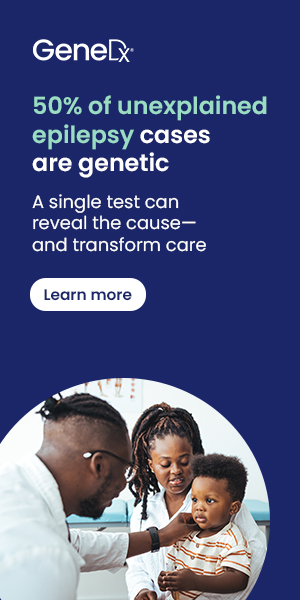The U.S. Food and Drug Administration (FDA) has approved pegcetacoplan to treat paroxysmal nocturnal hemoglobinuria (PNH).
PNH is a rare, life-threatening blood disorder characterized by hemolysis. Persistently low hemoglobin levels can result in severe fatigue and difficulty breathing. Additionally, individuals with PNH are susceptible to thrombotic events and many have some degree of bone marrow dysfunction.
The approval was based on positive results of the phase 3 PEGASUS trial, a randomized, open-label active-comparator controlled study which evaluated the efficacy and safety of pegcetacoplan compared to eculizumab in adults with PNH and hemoglobin levels lower than 10.5 g/dL despite eculizumab therapy. The primary endpoint was the mean change in hemoglobin level from baseline to week 16. The results of the study were published in the New England Journal of Medicine and demonstrated pegcetacoplan was superior to eculizumab in improving hemoglobin levels in patients with PNH by providing broad hemolysis control, including control of intravascular and extravascular hemolysis, at week 16.
Earlier this year, we talked with Cedric Francois, MD, PhD, Co-Founder & CEO of Apellis Pharmaceuticals about the results of the PEGASUS study.
To learn more about PNH and other rare blood disorders, visit checkrare.com/diseases/hematologic-disorders/.

